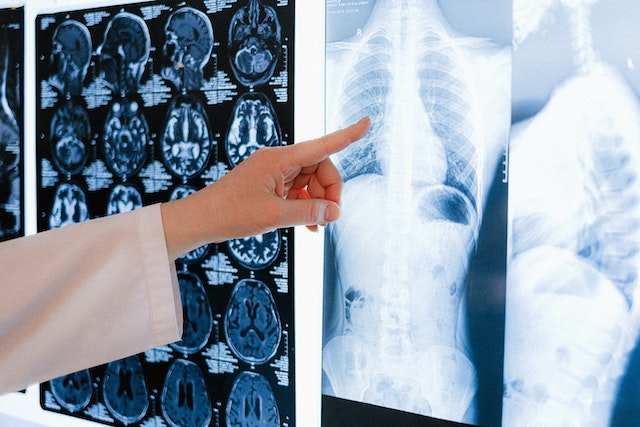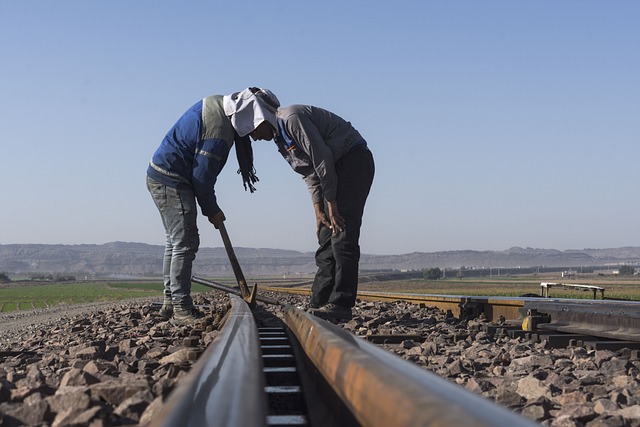
Northwestern Medicine has started a new clinical program aimed at treating late-stage lung cancer patients with a double lung transplant. The program, dubbed DREAM (Double lung Replacement And Multidisciplinary Care), was announced this morning after two recent successful transplants.
The transplant team credits the knowledge that they gained pioneering double lung transplants as a treatment for those severely impacted by COVID-19. The COVID-19 patients were found to have a 90% survival rate at the one-year post-transplant mark. The Northwestern team treated those with irreversible lung damage due to COVID-19, and were inspired to evaluate the prospects for those with lung cancer. Additionally, the doctors have been able to repair lungs that would otherwise have not been considered a candidate for transplant, increasing the pool of available organs.
Amazingly, the two patients treated with this groundbreaking treatment have required no additional cancer treatment after the transplant and are considered “cancer-free”.
The team now has a clinical trial pending, where they will treat and track 75 lung cancer patients who are out of other treatment options. Importantly, these patients will likely be restricted to those with lung cancer that has not metastasized outside the lungs.
Lung cancer remains a very high cause of death in the United States. In 2022, it is estimated that over 230,000 people were diagnosed with lung cancer, leading to over 500,000 people in the United States living with the disease.
Railroad workers with occupational exposures to asbestos, diesel exhaust, silica and solvents are at risk of developing cancer, including lung cancer. If you have been diagnosed with an occupational cancer after working at the railroad, please contact us to discuss your legal options.





